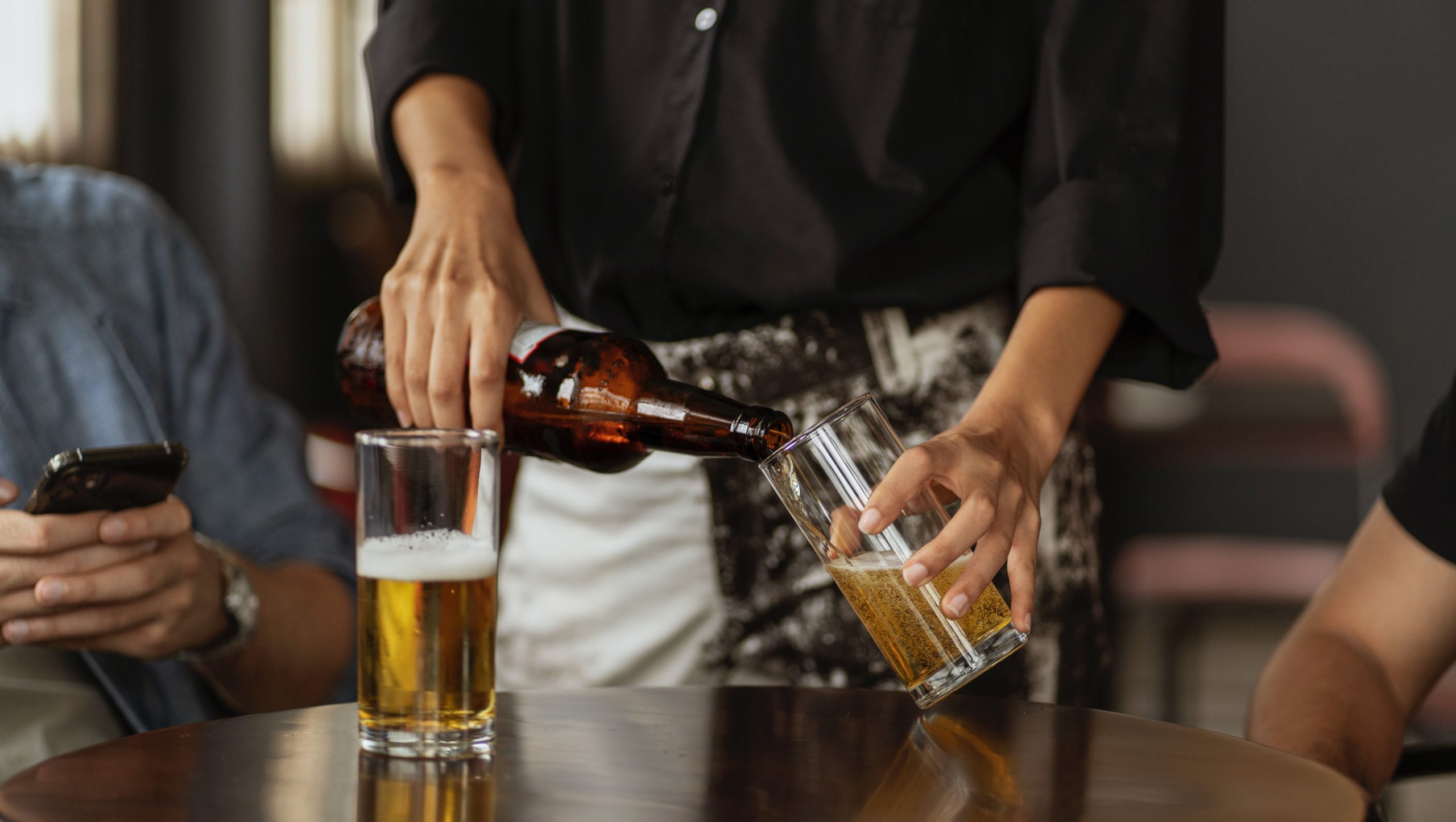
Free Consultation(203) 447-0000

Free Consultation(203) 447-0000

Drunk driving is a serious problem in our country. According to the National Highway Traffic Safety Administration, 11,654 people died from a drunk-driving crash in 2020. When a drunk driver causes a crash that results in injuries, the driver can be held criminally liable – including jailtime. The drunk driver can also be held civilly liable for negligence, which involves paying money damages to the injured person for their injuries.
Unfortunately, in some cases when a drunk driver seriously injures an innocent driver, the drunk driver may have limited insurance coverage or even no insurance coverage. For instance, the drunk driver may only have $25,000 in liability coverage when the medical bills alone are $50,000 for the innocent driver. The innocent driver can choose to pursue an uninsured/underinsured motorist claim to make up the difference.
But there is another claim that can be brought for drunk driving accidents – a dram shop claim.
Dram shop liability means liability that attaches to a bar, tavern, restaurant, or other seller of alcohol for the drunk driving of their patrons/customers. It is call “dram shop” because in 18th century England, taverns would measure out alcohol by a unit of measurement called a “dram.” Thus, the pubs were called “dram shops.” Dram shop laws exist in many U.S. States. The purpose of dram shop laws is to cut down on establishments overserving drunk customers who then cause mayhem on the roads.
Connecticut has codified the dram shop law in Connecticut General Statutes § 30-102. The elements of proving a dram shop case against a bar, restaurant, or liquor store are:
If an injured victim proves these three elements, they are entitled to up to $250,000 in compensation from the establishment for their injuries. Proving elements 1 and 3 are usually not too difficult. Credit card receipts will show the sale of liquor and breathalyzer tests/field sobriety tests will show the driver was drunk. The main battle in a dram shop case is whether the drunk driver appeared visibly intoxicated at the time of the sale. The bar/restaurant will fight very hard to argue that the person “seemed fine” at the time of service.
Along with the three elements above, an injured person must give the establishment written notice within 120 days of the injury and in cases of wrongful death, within 180 days of the death. The statute of limitations on dram shop cases is short – one year from the date of injury.
An early investigation is essential to proving a dram shop claim. If you or a loved one were injured by a drunk driver, you should call an experienced personal injury lawyer immediately to find out if you have a claim and how to preserve vital evidence. You will likely need these items of evidence:
Some of these items can be difficult to get without a lawyer’s help. Police departments may give you a hard time on obtaining their files, and your lawyer may need to file a Freedom of Information Request. Time is of the essence because the establishment that overserved the drunk driver may claim it “wrote over” the video footage after a week or two. At that point, the video is lost forever. For that reason, you will need to get certified letters out immediately telling all relevant parties to preserve all video footage.
In addition to dram shop liability, an injured victim may be able to bring a claim for “reckless service of alcohol” and “service of alcohol to minors.” In Connecticut, if you can prove not just that the bar served alcohol to a visibly intoxicated person, but that the intoxicated person’s intoxicated state was “readily apparent” and that the bar “continued to serve alcoholic beverages while he was obviously intoxicated,” you may have a claim for reckless service of alcohol[1]. Recklessness implies that the bar knew the person was drunk, posed a high risk of danger to the public, and chose to serve the person more alcohol anyway. If you prevail on a claim of reckless service of alcohol, your recovery will not be limited to the $250,000 cap in the dram shop statute.
The legislature also criminalizes the service of alcohol to minors. Connecticut General Statutes § 30-86 imposes criminal liability on any establishment or social host who sells alcohol to a minor. Under this law, if an intoxicated minor causes a collision, the bar or the social host can be held liable for damages. Again, this law is outside the scope of the dram shop law’s cap on damages. Finally, not only bars, but social hosts, such as parents who let high school children drink at their house, can be held liable for drunk driving accidents caused by their service of alcohol to minors.
The area of personal injuries resulting from drunk driving, dram shop liability, and other illegal service of alcohol is complex and multifaceted. You should speak to an experienced and qualified personal injury lawyer if you think you have a case. Contact Berkowitz Hanna today to learn more.
[1] Taylor v.550 Chase, LLC, Docket No. UWYCV176036176S, 2018 Conn. Super. LEXIS 451, at *10 (Super. Mar. 6, 2018)
Berkowitz Hanna
